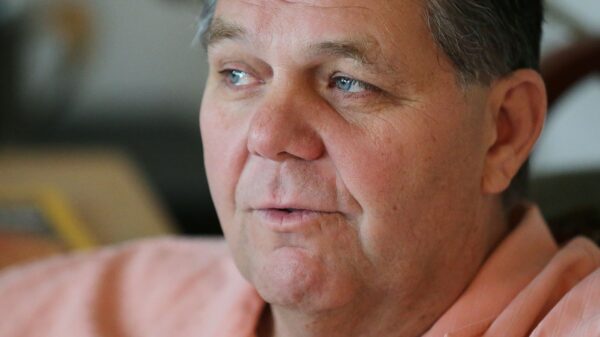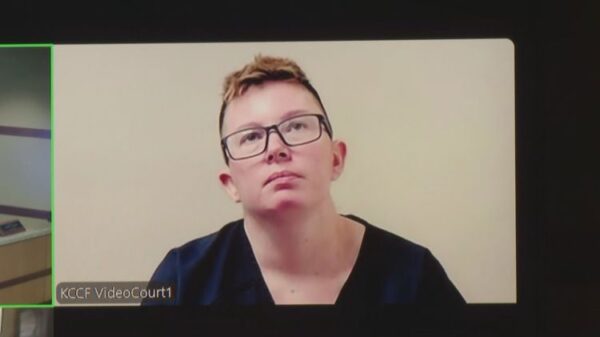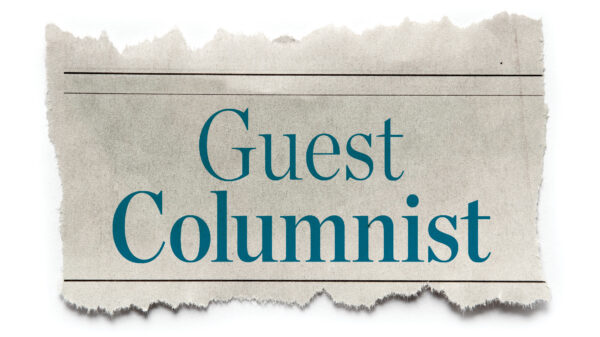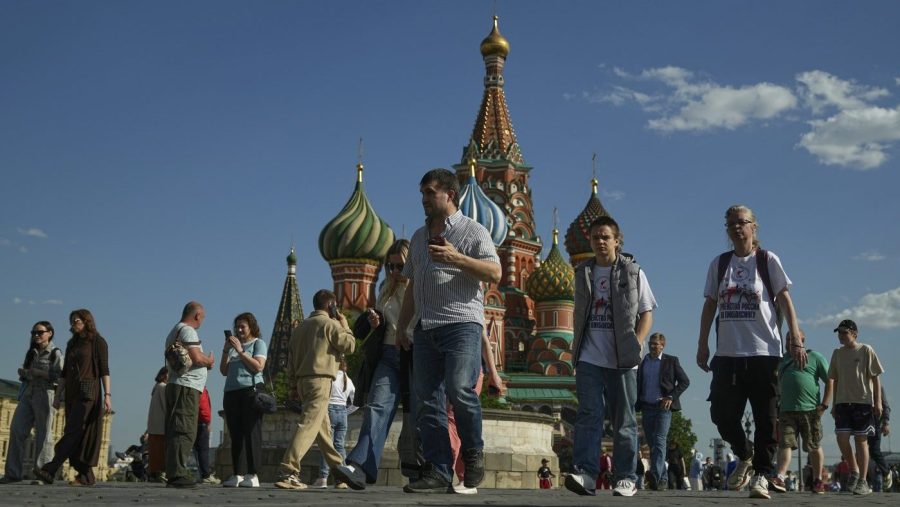The Kremlin is intensifying its efforts to label growing global criticism of Russia as a manifestation of “Russophobia.” Amid ongoing geopolitical tensions, Moscow is framing this perceived hostility as an irrational ideology that Western nations must unite to combat. This push comes as international relations remain strained, particularly following Russia’s military actions in Ukraine and its increasing isolation on the world stage.
Defining Russophobia
The term “Russophobia” refers to an irrational fear or prejudice against Russia and its people. In recent months, Russian officials have claimed that such sentiments are spreading in various countries, particularly among Western leaders and media. According to a recent statement by the Russian Foreign Ministry, this purported bias undermines diplomatic relations, fueling a narrative that positions Russia as a victim of unfounded hostility.
Moscow’s strategy includes highlighting instances where perceived Russophobic sentiments have led to discriminatory actions or policies. For example, Russian officials have pointed to incidents where individuals with Russian ties faced backlash in international settings, including sporting events and academic institutions. The Kremlin argues that this trend threatens not only Russia but also the principles of multiculturalism and tolerance.
International Response and Implications
The Kremlin’s campaign has raised eyebrows among international observers. Many experts argue that while some criticisms of Russia may be exaggerated, the underlying concerns regarding its foreign policies are grounded in reality. In a recent analysis by the European Council on Foreign Relations, researchers noted that the rise of Russophobia is often intertwined with legitimate apprehensions about Russia’s actions in Ukraine and its influence in Eastern Europe.
Furthermore, the Kremlin’s efforts to label Russophobia as a coordinated ideological attack may serve to consolidate domestic support. By portraying external criticism as a threat to national identity, Russian leadership seeks to strengthen nationalist sentiments among the populace. This tactic could help divert attention from economic challenges and internal dissent, reinforcing the government’s narrative of standing strong against foreign adversaries.
As this situation unfolds, the potential for increased diplomatic friction remains high. The Kremlin’s framing of Russophobia may complicate future negotiations with Western nations. While the Russian government seeks to build a coalition against what it perceives as an ideological assault, Western leaders continue to express their concerns about Russia’s military posturing and its implications for regional stability.
In summary, the Kremlin’s campaign to define and combat Russophobia reflects a broader strategy to reshape narratives around Russia’s global standing. As tensions persist, the debate surrounding this term will likely influence international relations in the months ahead. With increasing polarization on both sides, the path towards constructive dialogue appears challenging.





































































